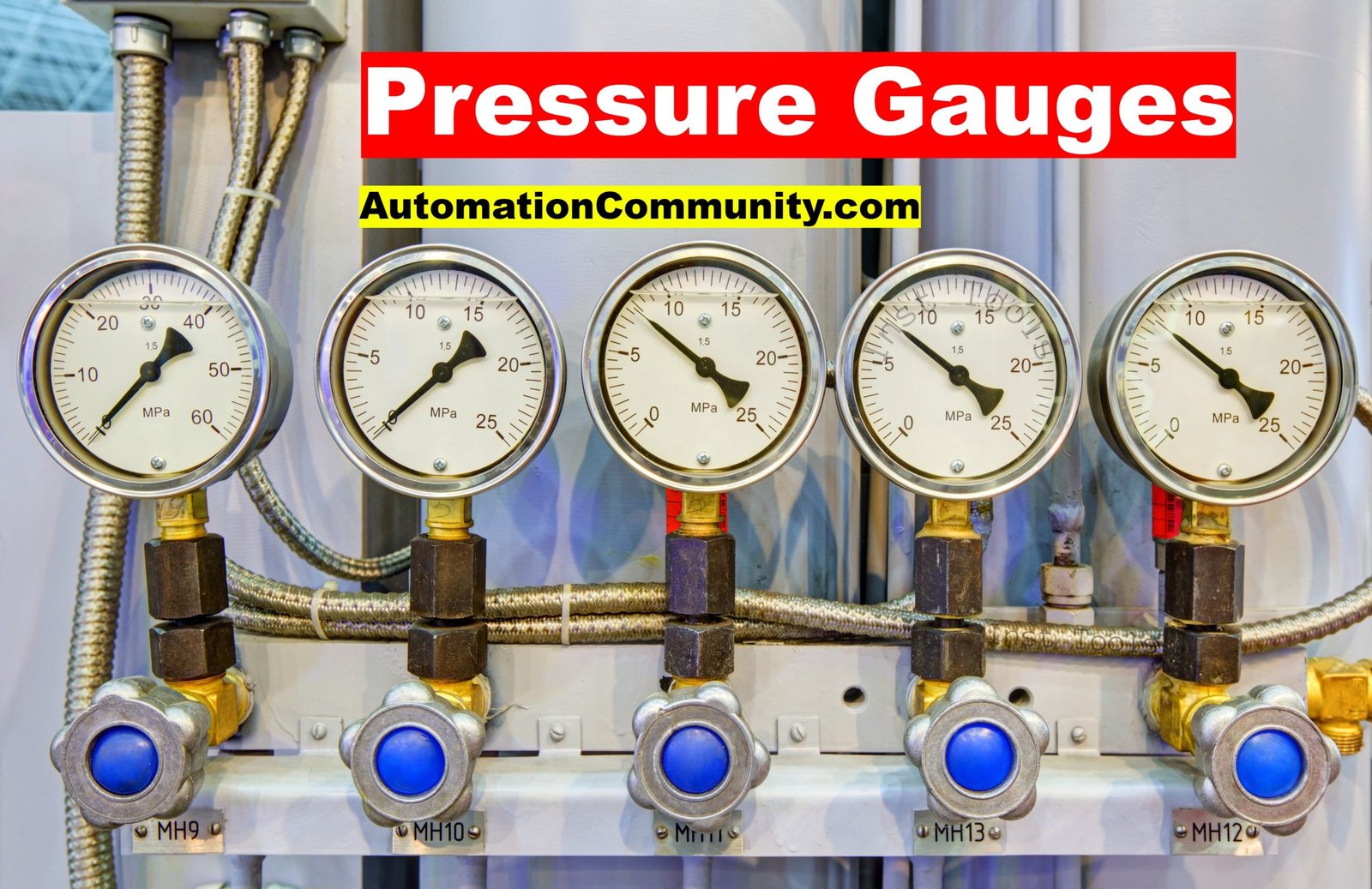Selling a home can be a significant and sometimes stressful experience. Whether you’re relocating, upgrading, or downsizing, understanding the process can make the transition smoother. This guide will walk you through the key steps involved in selling your home, from preparing it for the market to closing the sale. Each step is designed to help you make informed decisions and achieve the best possible outcome. Follow these steps to ensure a successful sale and a positive experience.
Preparing Your Home for Sale
Decluttering and Cleaning
The first step in preparing your home for sale is to declutter and clean. Start by removing personal items like family photos, excessive knick-knacks, and old magazines. This helps potential buyers envision themselves in the space. A clean, uncluttered home looks more appealing and can make rooms appear larger. Consider renting a storage unit to temporarily hold items you don’t need daily. Clean every corner of your home, including carpets, windows, and appliances. A fresh, tidy home is more inviting and can leave a lasting impression on potential buyers.
Making Necessary Repairs
Before listing your home, address any necessary repairs. This might include fixing leaky faucets, repairing broken tiles, or repainting walls. Minor repairs can significantly impact a buyer’s perception of your home. If major issues are left unaddressed, they could result in a lower offer or even a failed sale. Consider hiring a professional inspector to identify problems you might have missed. Investing in these repairs can often result in a higher sale price and a quicker sale.
Enhancing Curb Appeal
First impressions matter, and enhancing your home’s curb appeal can attract more buyers. Start by maintaining your lawn, trimming shrubs, and planting flowers. Clean the exterior of your home, including the windows and front door. Consider painting the front door for a fresh look and adding a new welcome mat. Small details, like clean gutters and a well-maintained driveway, also contribute to a positive first impression. A welcoming exterior can draw buyers in and make them more interested in seeing the inside of your home.
Setting the Right Price
Understanding Market Value
Setting the right price for your home is crucial. Research the current market conditions and understand what similar homes in your area are selling for. Market value is influenced by factors such as location, size, condition, and recent sales. Overpricing can lead to your home sitting on the market for too long, while underpricing might result in a quick sale but potentially less profit. Use online tools and consult with real estate professionals to get an accurate estimate of your home’s value.
Comparing Similar Homes
Comparing your home to similar properties that have recently sold, known as “comps,” can help you set a competitive price. Look at homes with similar features, such as the number of bedrooms and bathrooms, size, and location. Analyze how these homes compare to yours in terms of condition and amenities. This comparison can give you a clearer idea of where your home fits in the current market and help you determine a realistic asking price.
Hiring a Professional Appraiser
A professional appraiser can provide an unbiased evaluation of your home’s value. Appraisers consider various factors, including the home’s condition, location, and recent sales of comparable properties. Their expert opinion can help you set a competitive price and provide valuable information for negotiations. While hiring an appraiser involves a cost, their evaluation can be a worthwhile investment, particularly if you’re unsure about pricing or if the market is volatile.
Marketing Your Home
Creating an Effective Listing
An effective listing is essential for attracting potential buyers. Write a compelling description that highlights your home’s key features, such as modern updates, spacious rooms, or a beautiful garden. Use high-quality photos that showcase the home’s best angles and natural light. Consider including a virtual tour or video walkthrough to give buyers a more immersive experience. A well-crafted listing can capture the interest of buyers and encourage them to schedule a showing.
Utilizing Online Real Estate Platforms
Online real estate platforms are crucial for marketing your home to a broad audience. Websites like Zillow, Realtor.com, and Redfin allow you to list your property and reach potential buyers across the country. Ensure your listing is complete and accurate, including details about the home’s features, neighborhood, and price. Utilize social media platforms to share your listing and reach a wider audience. The more visibility your home gets, the higher the chances of finding the right buyer.
The Role of Professional Photography
Professional photography can make a significant difference in how your home is perceived. High-quality images highlight the home’s best features and create a more appealing listing. Professional photographers understand how to capture your Sell a Home in the best light and can make rooms look more spacious and inviting. Investing in professional photography can attract more buyers and make your listing stand out from others on the market.
Working with Real Estate Agents
Benefits of Hiring an Agent
Hiring a real estate agent can simplify the home-selling process. Agents have market expertise and can provide valuable insights into pricing, marketing, and negotiation. They handle the paperwork, schedule showings, and manage communication with potential buyers. Their experience can save you time and help you avoid common pitfalls. A skilled agent can also offer strategic advice to help you achieve the best possible sale price.
How to Choose the Right Agent
Selecting the right real estate agent is crucial for a successful sale. Look for agents with a proven track record in your area and positive client reviews. Consider their experience, expertise, and communication style. A good agent should be knowledgeable about the local market, responsive to your needs, and able to provide a clear plan for selling your home. Interview several agents to find the one who best aligns with your goals and preferences.
Understanding Agent Fees
Real estate agents typically charge a commission fee based on the sale price of your home. This fee is usually a percentage of the final sale amount and is split between the buyer’s and seller’s agents. Understanding this fee structure is important for budgeting and negotiating. Ensure you’re clear about the commission rate and any additional costs involved. Some agents may offer lower rates, but it’s essential to weigh the potential trade-offs in service quality and experience.
Hosting Open Houses and Showings
Preparing for Open Houses
Open houses are an opportunity to showcase your home to multiple potential buyers at once. To prepare, ensure your home is clean, organized, and well-staged. Remove any personal items and create a welcoming atmosphere with neutral décor. Provide information about the home and neighborhood for visitors to review. During the open house, be ready to answer questions and highlight key features. A well-prepared open house can generate interest and lead to offers.
What to Expect During Showings
During showings, potential buyers will visit your home individually or in small groups. They will explore the property and assess whether it meets their needs. Be prepared to accommodate varying schedules and ensure your home is always in showing condition. It’s important to be flexible with showing times and to provide a comfortable environment for buyers to view the property. Their impressions during showings can significantly influence their decision.
Tips for Successful Showings
Successful showings involve more than just a clean home. Make sure to create a pleasant atmosphere by controlling the temperature, using subtle scents like fresh-baked cookies, and ensuring good lighting. Provide a detailed information packet about the home, including recent updates and neighborhood amenities. Be prepared to highlight the home’s strengths and answer any questions buyers might have. Your goal is to make the home memorable and appealing.
Negotiating Offers
Evaluating Offer Strength
When you receive offers on your home, evaluate each one carefully. Consider the offered price, but also look at other factors such as the buyer’s financing, contingencies, and proposed closing date. Strong offers are not just about the highest price but also about the buyer’s ability to follow through with the purchase. Review each offer thoroughly and consult with your real estate agent to determine the best option.
Counteroffers and Negotiation Tactics
Negotiating is a crucial part of selling your home. If an offer isn’t quite what you hoped for, you can make a counteroffer. Clearly communicate your terms and be open to compromise. Negotiation tactics might include adjusting the price, offering concessions, or altering the closing date. Effective negotiation involves balancing your needs with the buyer’s interests to reach a mutually beneficial agreement.
Understanding Terms and Conditions
Each offer comes with its own set of terms and conditions. These might include contingencies related to financing, inspections, or repairs. It’s important to understand these terms and how they affect the sale. Work with your real estate agent to review and negotiate these conditions to ensure they align with your goals and protect your interests.
Closing the Sale
The Closing Process Explained
The closing process involves finalizing the sale and transferring ownership from the seller to the buyer. This step includes signing the final paperwork, settling any remaining fees, and ensuring all conditions of the sale are met. You will work with a closing agent or attorney who will guide you through the process and ensure everything is in order. Understanding the closing process helps avoid surprises and ensures a smooth transaction.
Reviewing and Signing Documents
During closing, you’ll review and sign various documents, including the deed, closing disclosure, and settlement statement. These documents outline the terms of the sale, financial details, and transfer of ownership. Carefully review each document to ensure accuracy and ask questions if something is unclear. Properly executed paperwork is essential for completing the sale and transferring ownership to the buyer.
Transfer of Ownership
The transfer of ownership occurs once all closing documents are signed, and financial transactions are completed. The buyer will receive the keys, and the property officially becomes theirs. Ensure you’ve provided all necessary information and documentation to the buyer. After the transfer, update your address information and finalize any remaining tasks related to the sale.
Moving Out
Tips for a Smooth Move
Moving out of your home requires careful planning to ensure a smooth transition. Start by packing early and organizing your belongings. Label boxes clearly to make unpacking easier. Consider hiring professional movers if the task feels overwhelming. Notify utility companies, change your address with the post office, and update your information with relevant institutions. A well-organized move can reduce stress and make settling into your new home more enjoyable.
Updating Address Information
After selling your home, it’s important to update your address information with various organizations. Notify your bank, credit card companies, and insurance providers of your new address. Update your address with the Department of Motor Vehicles and any subscription services you use. Keeping your address information current ensures that you receive important mail and that your records are accurate.
Cleaning and Final Touches
Before leaving your home, do a final clean-up to ensure it’s in good condition for the new owners. Remove any remaining items, clean surfaces, and touch up any areas that might need it. A clean and tidy home shows respect for the new owners and helps leave a positive impression. Completing these final touches ensures a smooth handover and helps you feel confident about the sale.
Conclusion
Selling a home involves several important steps, from preparing your property to closing the sale. By following these steps and working with professionals, you can navigate the process with confidence and achieve a successful outcome. Remember to stay organized, communicate clearly with your agent, and make informed decisions. With careful planning and attention to detail, you can make the home-selling process as smooth and rewarding as possible.











